Not just a buzzword, data analytics is a powerful tool that can propel your business to new heights. It might sound like something only big corporations can afford, but thanks to advancements in technology, data analytics has become more accessible and affordable than ever before.
So, why should you even care about getting to know more about data? The business landscape is becoming increasingly competitive. Customers have more choices than ever, and simply relying on gut instincts and guesswork won’t cut it anymore. You need insights into your customers’ preferences, market trends, and operational efficiency to truly thrive. And that’s precisely where data analytics comes in.
Why businesses need data analytics
Relying solely on instincts in today’s fast-paced and data-driven market is no longer a viable option for business growth. Experience can only take you so far, so to achieve a real competitive edge, you’ll need the power of data analytics by your side. Imagine having a crystal ball that helps you understand your customers, anticipate trends, and make smarter decisions.
By analysing data, you can explore your customer’s online behaviours. You’ll uncover valuable information about their preferences and buying habits and even anticipate their needs before they do. By understanding your customers on a deeper level, you can tailor your products, services, and marketing efforts to resonate with them, ultimately leading to increased customer satisfaction and loyalty.
The usefulness of analysis extends beyond your customers. Armed with data insights, you can keep your finger firmly on the pulse of the marketplace. You’ll be able to identify emerging trends and gaps and stay one step ahead of your competitors. Whether it’s monitoring industry changes, tracking consumer preferences, or analysing competitor strategies, data analytics gives you a strategic advantage in the ever-evolving business landscape.
Key steps in implementing data analytics for small businesses
Collecting and organising relevant data
You can’t do data analytics without data. Start by identifying the types of data that are most valuable for your business goals. This could include customer data, sales figures, website analytics, social media metrics, and more. Once you have a good grasp of what data you need, create a system to collect, store, and organise it efficiently. Remember, quality data is the foundation of effective analytics.
Choosing the right analytics tools and software
Now that you have your data, it’s time to choose the right tools to help you make sense of it all. There are a plethora of analytics tools and software options available, ranging from beginner-friendly to more advanced. Consider factors such as ease of use, scalability, and integration with your existing systems. Take your time to explore different options and find the one that fits your business needs and budget.
Data visualisation: making sense of the numbers
Raw data can be overwhelming, so it’s essential to transform it into meaningful insights through data visualisation. This means presenting data in a visual format, such as charts, graphs, or dashboards, that are easy to understand. They will allow you to spot patterns, uncover trends, and communicate findings effectively to stakeholders. Remember, a picture is worth a thousand words, and a well-designed graph can make all the difference.
Leveraging analytics for business success
Improving marketing strategies and customer targeting
Analytics is a game-changer when it comes to understanding your customers and refining your marketing strategies. Imagine being able to understand your customers better than they understand themselves. By tapping into this ‘well’ of information, you can make data-driven decisions that resonate with your target audience, build your brand, optimise your operations, and uncover new growth opportunities.
Optimising pricing and product offerings
Pricing can make or break a business, and that’s where analytics swoops in to save the day. With closer investigation into market data, customer demand, and competitor pricing, you can optimise your pricing strategy for maximum profitability. Evaluate the impact of discounts or promotions, and determine the sweet spot where customers perceive value while you maximise your margins.
Identifying new business opportunities and expansion prospects
Consider analytics as a compass that can guide you toward new business opportunities and expansion prospects. This might mean exploring new product lines, entering new geographic markets, or targeting niche customer segments. Analytics helps you assess risks, evaluate market demand, and make informed decisions that lead to strategic growth and expansion.
Be mindful that leveraging analytics is not a one-time thing. It’s an ongoing continuous improvement and refinement process that will allow you to stay ahead of changing trends and customer preferences. Embrace a data-driven, digital culture within your organisation, where everyone understands the value of analytics and uses it to drive decision-making at all levels.
Evolutionary for business
Data analytics is no longer just for the big players. Small business owners and entrepreneurs can harness the power of analytics to gain a competitive edge, understand customers, and make better decisions.
Implementing data analytics may take effort, time, and a willingness to embrace change. But the rewards are well worth it – competitive edge, customer insights, and optimised pricing, to name a few. Analytics becomes the trusted advisor, guiding you toward better decision-making, growth, and profitability. If you need a hand with accessing the hidden wealth of information in data analytics, we can help.







